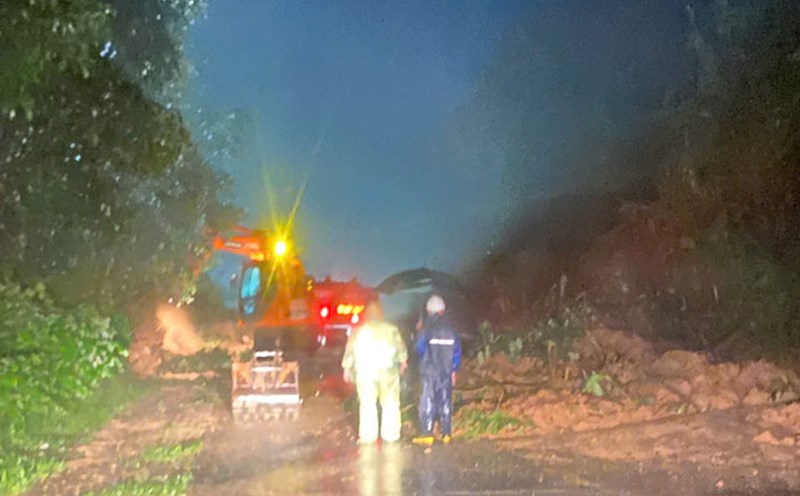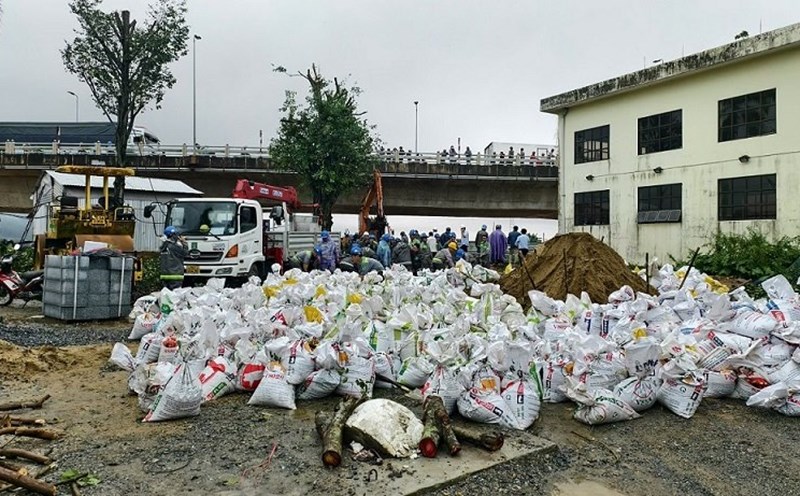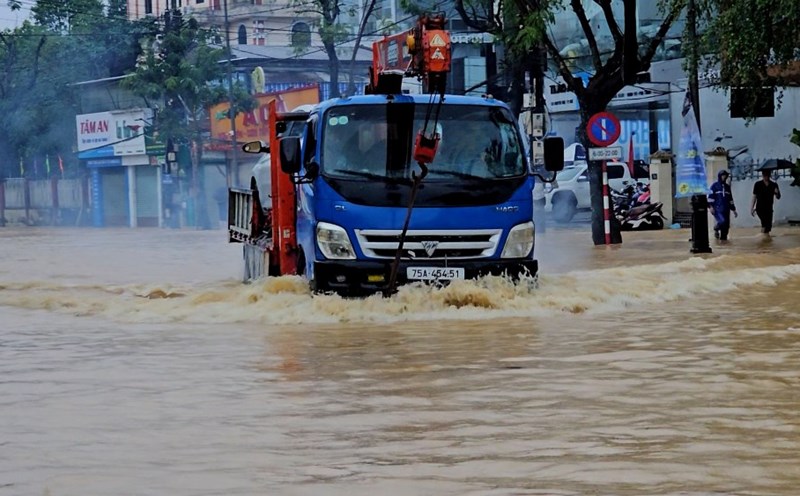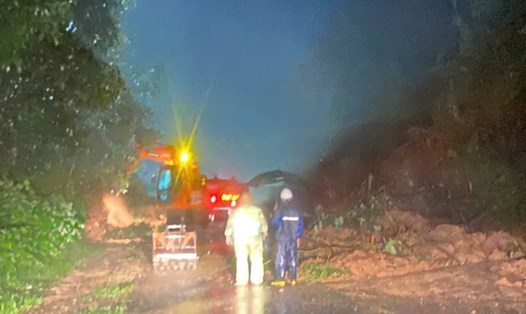According to the Hanoi Center for Disease Control (CDC), during the week from October 17 to 24, the whole city recorded nearly 400 cases of dengue fever in 104 wards and communes, an increase of 38 cases compared to the previous week.
Before this information, Mr. Phan Van Binh (renting a room in Bach Mai ward, Hanoi) could not hide his concern. From his hometown to Hanoi to make a living by selling water for walking, Mr. Binh rented a small, damp rented room in a narrow alley to save on living expenses.
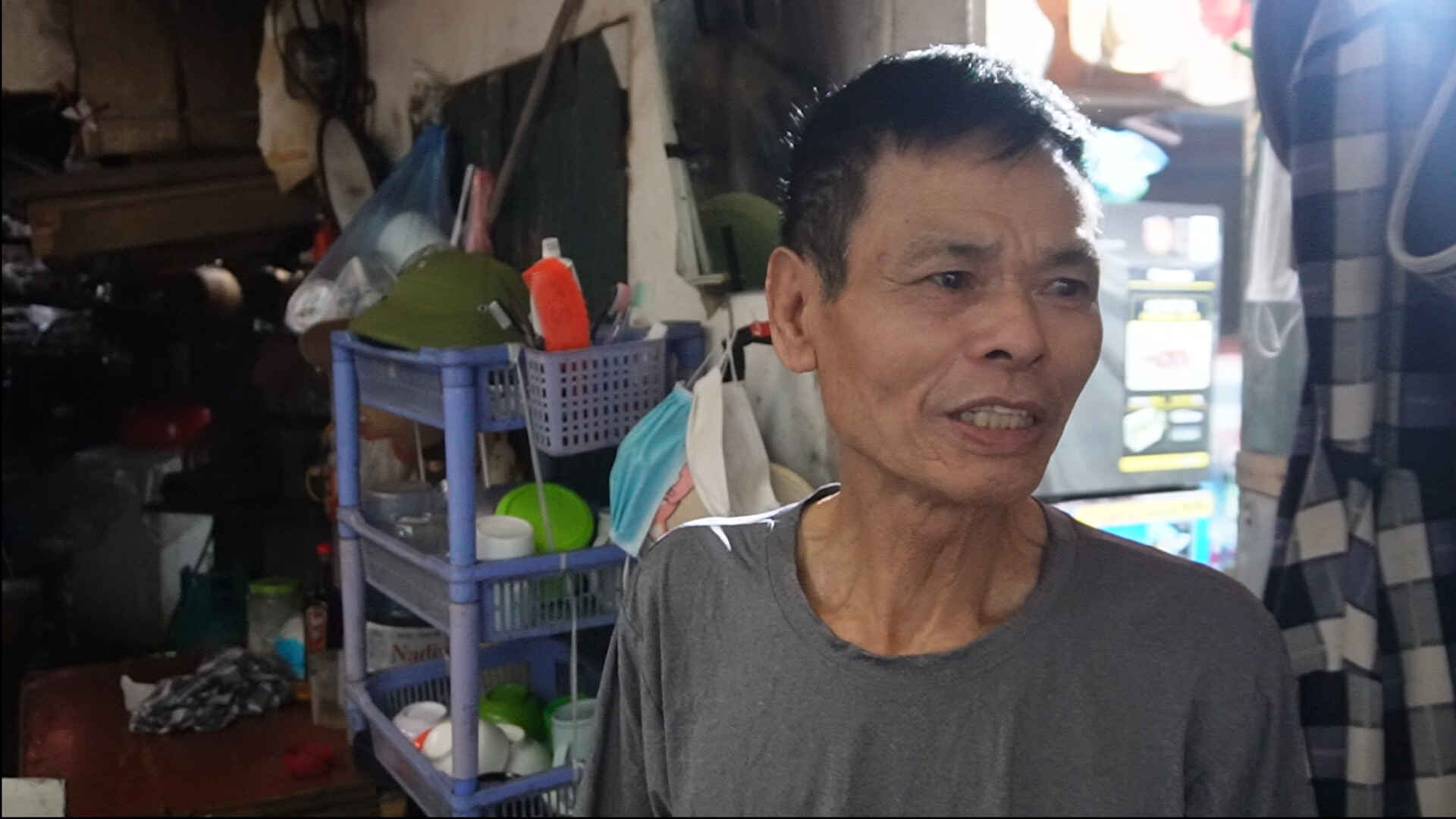
"Every time it rains heavily, prevent leakage and flooding; the humid weather causes mosquitoes and insects to thrive. Economic circumstances did not allow it, so I had to accept temporary residence. Last year, there were also people in the boarding house with dengue fever. Recently, I heard that Hanoi had many dengue fever outbreaks. I could only protect myself by sleeping under mosquito nets and cleaning the house regularly," Mr. Binh shared.
Living in the same boarding house, Ms. Nguyen Thi Huong said that she has an underlying disease, so she is even more worried about the risk of infection. In a crowded boarding house, we often remind each other to clean the rooms, keep the buckets of pots and pans together to avoid mosquito breeding. I also use insect spray and kill mosquitoes, but after spraying them for only 2-3 days, there are many mosquitoes. The drainage system in the boarding house is often congested, making it easier for insects to breed. I also hope to have a better place to live, but at my old age, working freely, I still have to live frugally to save when I am sick and old," said Ms. Huong.
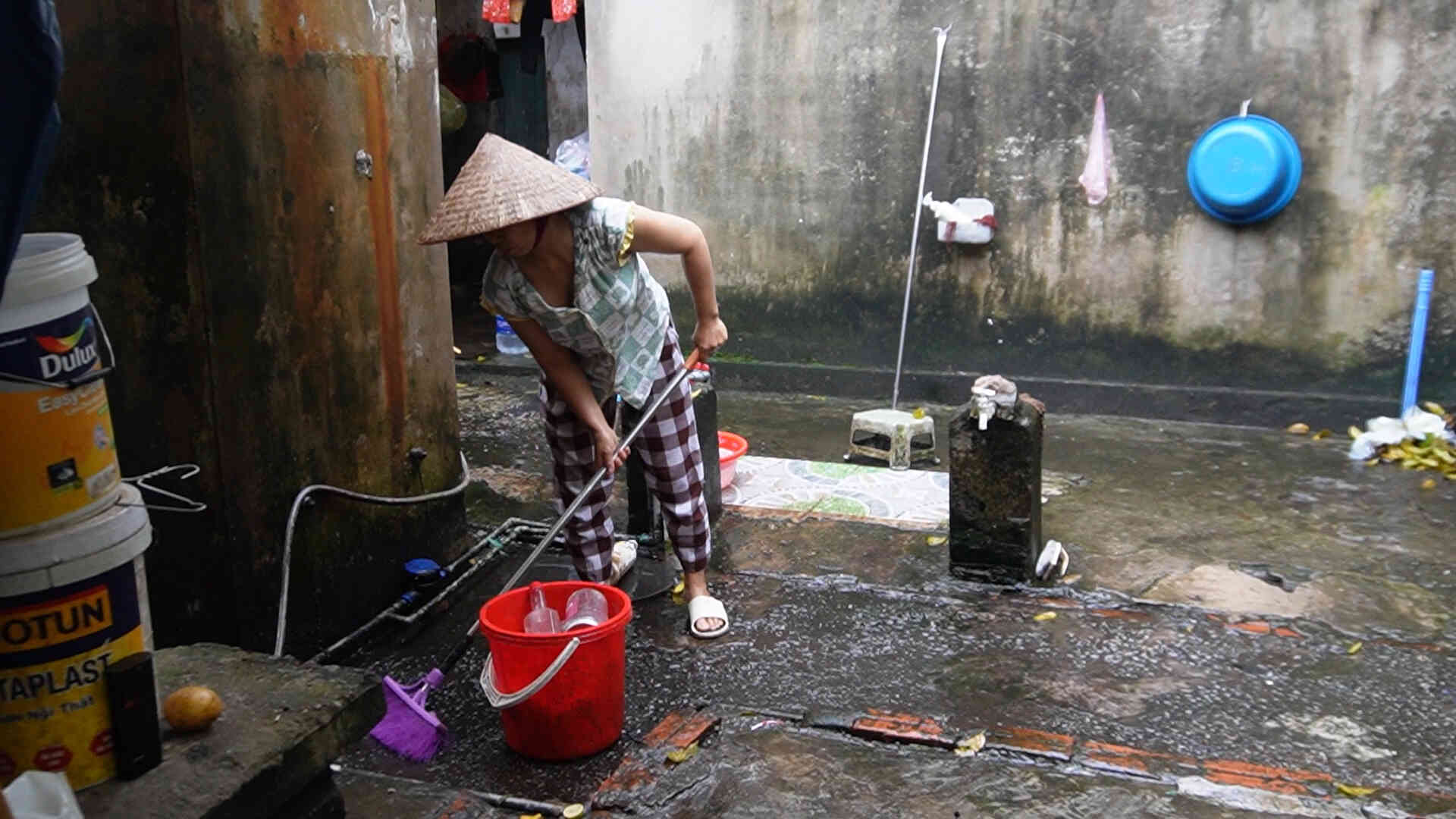
To proactively prevent dengue fever in workers' dormitories and residential areas, in the coming week, CDC Hanoi is coordinating with ward and commune health stations to continue to closely monitor the detection of patients at medical facilities, on the software system and in the community; promptly investigate and handle cases and outbreaks, preventing the epidemic from spreading. At the same time, the authorities will strengthen supervision of disease-carrying insect and mosquito index in areas with cases, old outbreaks and high-risk areas, to deploy timely response measures.
At the same time, commune and ward health stations will also integrate Chikungunya disease prevention with dengue fever prevention and control activities through campaigns to kill lentils, ticks and spray chemicals to kill adult mosquitoes in risk areas and outbreaks; in order to detect suspected cases early and apply appropriate and timely control measures.



